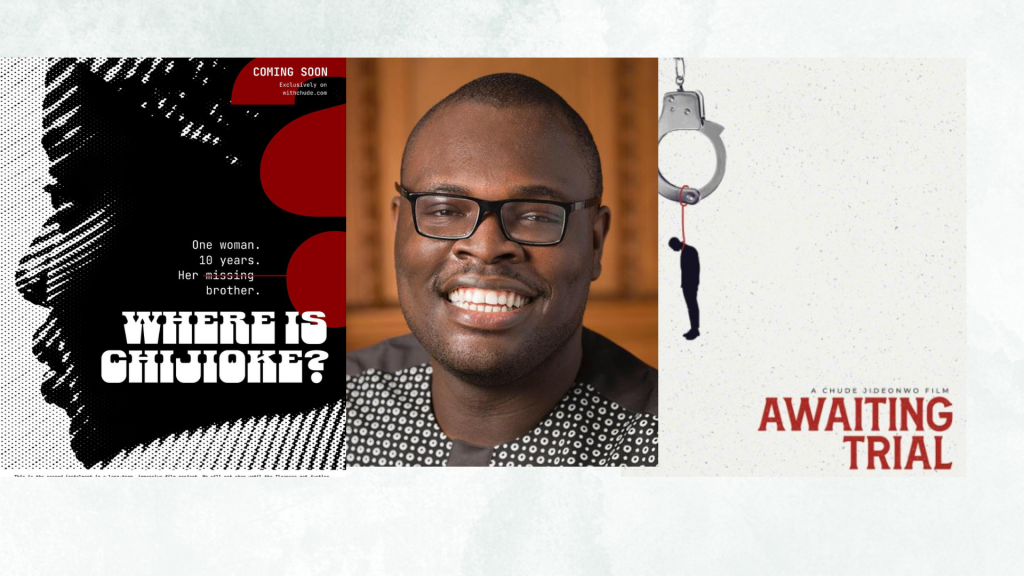Chude Jideonwo Inspires Africa’s Future Leaders at Mastercard Foundation Scholars Programme in Scotland
Renowned entrepreneur and thought leader Chude Jideonwo recently shared a powerful message on mental and emotional well-being with Africa’s brightest […]









